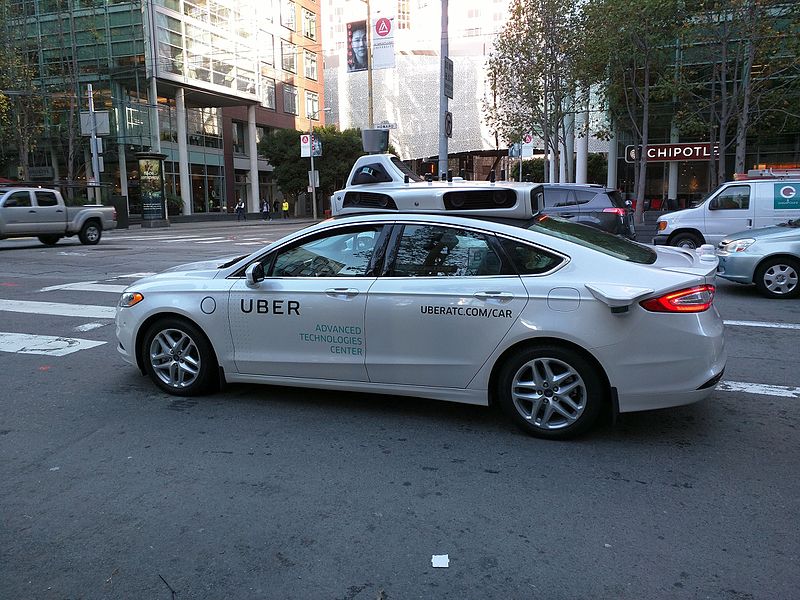 EMERGING TECH
EMERGING TECH
 EMERGING TECH
EMERGING TECH
 EMERGING TECH
EMERGING TECH
Uber Technologies Inc. is close to sealing a deal to sell off part of its self-driving car unit to a group of investors ahead of its initial public offering, the Wall Street Journal reported Wednesday.
Reports that Uber was attempting to offload part of the division first emerged in March. Uber was said to be in talks with SoftBank’s Vision fund along with other investors, including one unnamed automaker.
That unnamed automaker is now believed to be Toyota Motor Corp. with the deal reportedly coming in at $1 billion on a $7.25 billion valuation.
Japanese auto parts supplier Denso Corp. is also named as participating in the deal, meaning the investment will be a solely Japanese affair, with each company investing one-third of the $1 billion.
Under the deal, Uber would retain operational control of the spinoff, but the new investors would both share the costs of developing the technology and reap the rewards should the technology ever get commercialized. A new board of directors of the self-driving car unit will see six seats controlled by Uber and two others controlled by Toyota and SoftBank.
The self-driving car unit is currently part of Uber’s Advanced Technology Group. It’s not clear whether the entirety of ATG is covered by the deal or the self-driving car unit will be spun off into a new standalone entity.
SoftBank is already a major investor in Uber, holding a 16% stake in the company. Toyota is also an existing Uber investor through a $500 million deal in October that was part of a technology-sharing deal.
The deal, presuming it’s signed in the coming week, will be Uber’s last big one before going public as soon as late this month or early May. Uber has been clearing its decks approaching its IPO, trying to put its best face forward for investors, including purchasing Middle Eastern rival Careem Networks FZ for $3.1 billion March 26.
IPOs such as the offerings this week from Zoom Video Communications Inc. and Pinterest Inc. as well as a previous offering from rival Lyft Inc. are all seen as major tests of market appetite for unicorn IPOs. But befitting its name, Uber is the biggest test of all.
Uber comes into its IPO with a loss of $3 billion in 2018 on revenue of $11.27 billion, along with a warning that it’s likely to increase its losses in the foreseeable future. To invest in Uber is to invest in an idea that what the company is pursuing will one day, years ahead, deliver high profits and investor value. Whether investors are willing to buy into that dream is the question that the IPO will ultimately answer.
Support our mission to keep content open and free by engaging with theCUBE community. Join theCUBE’s Alumni Trust Network, where technology leaders connect, share intelligence and create opportunities.
Founded by tech visionaries John Furrier and Dave Vellante, SiliconANGLE Media has built a dynamic ecosystem of industry-leading digital media brands that reach 15+ million elite tech professionals. Our new proprietary theCUBE AI Video Cloud is breaking ground in audience interaction, leveraging theCUBEai.com neural network to help technology companies make data-driven decisions and stay at the forefront of industry conversations.